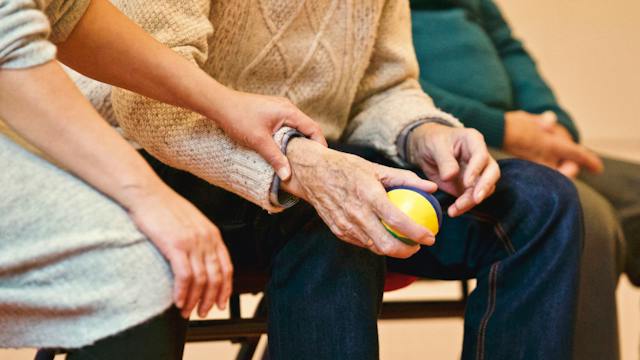Paralysis is a condition that renders a part of the body incapable of movement. It’s not just a physical state; it’s an upheaval reverberating every aspect of life for the individual and their loved ones. The journey following such a diagnosis is filled with challenges that can be overwhelming without a support system. Whether it stems from a spinal cord injury due to a severe accident or a medical condition like a stroke, paralysis can have far-reaching implications. Its onset requires a comprehensive support system encompassing medical, emotional, and, often, legal assistance. For many, retaining the services of a specialized paralysis attorney near me is a critical step in securing the necessary support and compensation to navigate the changes in their lives.

Types of Paralysis and Their Causes
Many take our ability to move, touch, and feel the world around us for granted until it’s abruptly taken away. Paralysis can be broadly classified based on the region of the body it affects the entire body (quadriplegia), the lower half (paraplegia), or one specific area (monoplegia). It may be brought on by toxins that impair muscle function, neurological disorders such as amyotrophic lateral sclerosis (ALS), or spinal cord injuries that create disruptions to neural pathways.
The Rehabilitation Journey: Key Steps and Approaches
Rehabilitation is a beacon of hope for individuals paralyzed by injury or illness. An early start to a comprehensive rehabilitation program can significantly affect a patient’s outcome and quality of life. Physical therapists strive to restore movement and function, while occupational therapists focus on enabling individuals to perform daily tasks independently. Speech therapists might be involved if communication has been affected. The role of these professionals is paramount in maximizing the patient’s capabilities and fostering an environment that encourages perseverance and adaptability.
Assistive Technologies Enhancing Lives
Assistive technologies have opened doors for people with paralysis, offering greater independence and improved quality of life. Wheelchairs, now increasingly sophisticated, provide mobility, while voice recognition software and other adaptive devices allow individuals to operate computers and phones, making communication and work possible. Smart home technologies help individuals manage their environment more efficiently, highlighting how innovation transforms lives in tangible ways.
Navigating Financial and Legal Support for Paralysis Victims
Navigating life with paralysis includes considering the economic impact, which can be staggering. The costs of medical care, rehabilitation, assistive technology, and lost income can quickly mount. Thus, it becomes imperative to understand the insurance coverage, government benefits, and charity programs available. Furthermore, securing legal support to claim injury compensation, negotiate settlements, or protect rights becomes vital.
The Role of Support Groups and Community Involvement
Beyond the individual, paralysis impacts families and communities. Support groups are essential to the ecosystem, providing a forum for sharing experiences, offering emotional support, and disseminating practical advice. A community that rallies around its members facing such adversities fosters solidarity and can significantly impact the individual’s ability to cope and rebuild their life after such a profound change.
Physical and Occupational Therapy: Regaining Mobility and Function
Therapists are the unsung heroes in the world of paralysis recovery. By meticulously designing and implementing therapy regimens, they help patients maintain and sometimes regain physical functions. These therapy sessions can also be a source of inspiration and hope as patients learn new ways to interact with the world. For example, occupational therapists might introduce adaptive tools that facilitate daily living, restoring confidence and a sense of normalcy.
The Importance of Mental Health Care in Paralysis Recovery
Paralysis isn’t just a physical trial; it can take a toll on one’s mental health. The journey of adapting to a new reality often necessitates counseling or peer support networks to tackle feelings of grief, loss, or depression that may surface. A vital component of the holistic approach to recovery is mental health care, which guarantees that the patient’s emotional and psychological requirements are addressed with the same level of skill and care as their physical rehabilitation.
Transitioning Back to Everyday Life
As individuals adapt to the new changes brought about by paralysis, re-entering the familiar realms of community, recreation, and work is paramount. Ensuring accessible facilities, seeking vocational counseling, and embracing adaptive technologies pave the way for a smoother transition and a more inclusive society. It’s a collective effort from individuals, families, and community planners to remove barriers and promote participation in daily life.
Research and Hope for the Future
There is a horizon of hope in paralysis research, with scientists working tirelessly to uncover new remedies and possibly even a cure. Groundbreaking work in nerve regeneration, the development of sophisticated exoskeletons, and pioneering neurological research offer glimmers of hope. The progress in this field is a testament to human ingenuity and persistence, embodied in reports that showcase the strides made to turn hope into tangible results for those living with paralysis.





